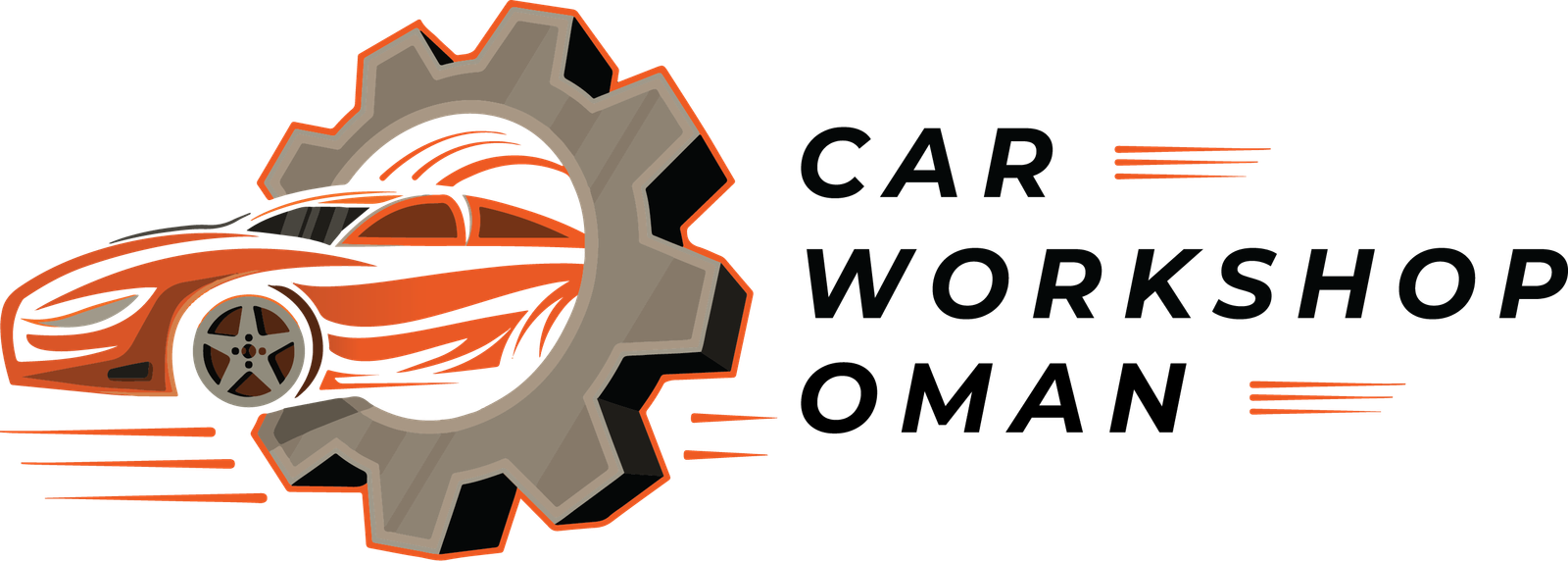The Importance of Regular Maintenance: A Guide to Keeping Your Car Running Smoothly
Introduction:
Maintaining your car is more than just a chore; it’s a crucial aspect of ensuring its longevity, reliability, and safety on the road. Regular maintenance not only helps prevent costly repairs down the line but also contributes to the overall performance and efficiency of your vehicle. In this comprehensive guide, we’ll delve into the importance of regular maintenance and provide you with actionable tips to keep your car running smoothly for years to come.
Why Regular Maintenance Matters:
Prevents Major Breakdowns: Regular maintenance allows you to catch potential issues early on before they escalate into major problems. Simple tasks such as checking fluid levels, inspecting belts and hoses, and replacing worn-out components can help prevent costly breakdowns that leave you stranded on the side of the road.
Maximizes Performance: Just like any other machine, your car requires regular tune-ups to perform at its best. Routine maintenance tasks such as oil changes, air filter replacements, and spark plug inspections ensure that your engine operates efficiently, resulting in better fuel economy and smoother performance.
Extends Lifespan: Proper maintenance prolongs the lifespan of your vehicle by reducing wear and tear on critical components. By following manufacturer-recommended maintenance schedules and addressing minor issues promptly, you can help your car withstand the test of time and mileage.
Ensures Safety: Your safety and that of your passengers depend on the condition of your vehicle. Regular maintenance helps identify and address potential safety hazards such as worn brake pads, faulty lights, or tire wear, reducing the risk of accidents on the road.
Essential Maintenance Tasks:
Oil Changes: Regular oil changes are essential for lubricating engine components and preventing excessive wear. Follow the manufacturer’s recommendations for oil type and change intervals based on your driving habits and environmental conditions.
Fluid Checks: Check fluid levels regularly, including coolant, brake fluid, transmission fluid, and power steering fluid. Low fluid levels can lead to overheating, brake failure, and other serious issues.
Tire Maintenance: Inspect tires for signs of wear and tear, uneven tread wear, and proper inflation. Rotate tires regularly to promote even wear and extend tire life. Don’t forget to check the spare tire as well.
Brake Inspection: Brake systems should be inspected regularly for signs of wear, including squealing noises, pulsating brakes, or reduced stopping power. Replace brake pads, rotors, and brake fluid as needed to maintain optimal braking performance.
Air Filter Replacement: A clean air filter is essential for proper engine performance and fuel efficiency. Replace the air filter according to the manufacturer’s recommendations or more frequently if you drive in dusty or polluted environments.
Conclusion:
Regular maintenance is the cornerstone of responsible car ownership. By investing time and effort into routine maintenance tasks, you can prevent costly repairs, maximize performance, extend the lifespan of your vehicle, and ensure the safety of yourself and others on the road. Make maintenance a priority, and your car will reward you with years of smooth, trouble-free operation.
